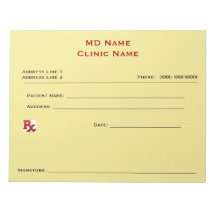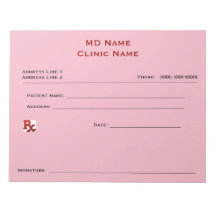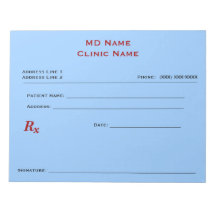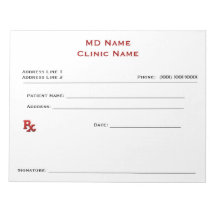Increasing cost savings
By improving outcomes for patients and prioritizing preventive care, value-based care models can lead to cost savings for practices and the Medicare program. Accountable care organizations (ACOs) share savings with the Medicare program in the form of performance payments, and so far, the results have been promising. ACOs have generated more than $21 billion in gross savings for Medicare over the last decade, and physicians participating in advanced alternative payment models earned $644 million in bonus payments in 2022.
Collaborative Health Systems
At Collaborative Health Systems, our provider partners achieved $26.3 million in total savings to Medicare through the Medicare Shared Savings Program in 2022. Providers can use these savings to further invest in and grow their practices to better serve their communities. Most importantly, when physician practices and the Medicare program save, those savings are passed on to our patients through lower costs.
Addressing physician burnout
An annual Medical Economics report identified burnout as one of the top four issues facing physicians, a trend that is exacerbated by the bureaucratic tasks associated with practicing medicine. On average, up to 25% of a physician’s time is spent on administrative duties as “desktop medicine” – the amount of time a physician spends in front of a computer after seeing patients – which cuts into the time available for face-to-face patient care.
The shift toward outcomes-driven care can also help address some of the factors contributing to burnout. It puts more emphasis on coordinated and preventive care and aligns with the values that physicians often have, including driving higher-quality care and connecting with patients on a more personal level than what is possible under the current volume-driven model. With access to timely data and tailored, actionable insights, physicians can focus their energy and efforts where it matters most – serving their patients. Making the transition can seem overwhelming, but partners and resources are available to support practices and their staff as they move away from volume-driven care.
Driving quality improvement
By placing an emphasis on outcomes, data-driven decision-making and reducing unnecessary care, value-based care models incentivize providers to be intentional and proactive about the care they provide for their patients. Physicians participating in independent practice associations, another type of value-based care model, provide more care management services for patients with chronic conditions. Similarly, value-based Medicare Advantage models are proven to provide better, more efficient patient care, including reduced hospital admissions and emergency room visits, compared with fee-for-service Medicare. Two-thirds of provider practices in a recent survey agree value-based models lead to better quality care than other models, and ACOs outperform fee-for-service models on 81% of quality measures, according to the Department of Health and Human Services. By prioritizing collaboration, coordination and outcomes, these models improve the patient experience as well by ensuring the care they receive is truly comprehensive and patient centered.
The future of value-based care
While transitioning to value-based care may require up-front investments in infrastructure and care delivery transformation, the potential long-term benefit to care quality, costs and physician wellness serves as a compelling business case for physician practices. Adoption of value-based care continues to accelerate, and the Center for Medicare and Medicaid Innovation has set a goal to shift 100% of Medicare beneficiaries into an accountable care relationship by 2030, further cementing this model as the future of patient care. Physicians who are not yet part of a value-based arrangement should evaluate how their practice and patients could benefit and begin taking necessary steps, or risk getting left behind in this moment of health care transformation.
15% Off Medical Practice Supplies
VIEW ALL
 Manual Prescription Pad (Large - Yellow)
Manual Prescription Pad (Large - Yellow) Manual Prescription Pad (Large - Pink)
Manual Prescription Pad (Large - Pink) Manual Prescription Pads (Bright Orange)
Manual Prescription Pads (Bright Orange) Manual Prescription Pads (Light Pink)
Manual Prescription Pads (Light Pink) Manual Prescription Pads (Light Yellow)
Manual Prescription Pads (Light Yellow) Manual Prescription Pad (Large - Blue)
Manual Prescription Pad (Large - Blue)__________________________________________________
Appointment Reminder Cards
$44.05
15% Off
$56.30
15% Off
$44.05
15% Off
$44.05
15% Off
$56.30
15% Off













No comments:
Post a Comment